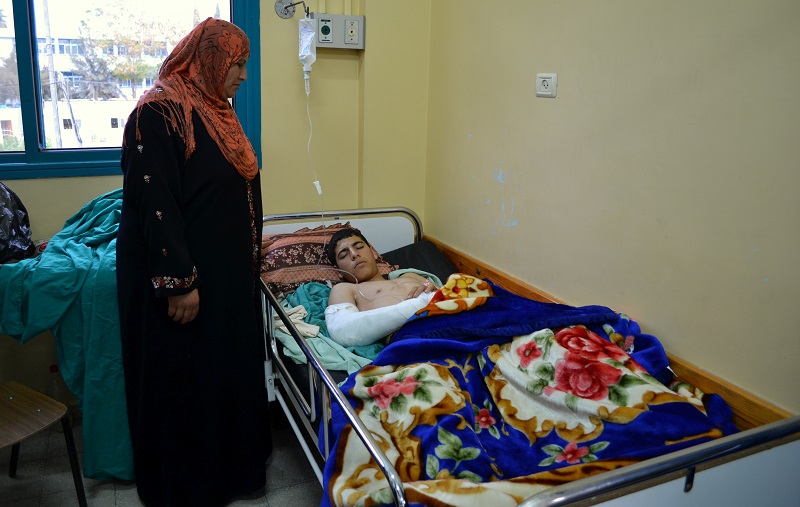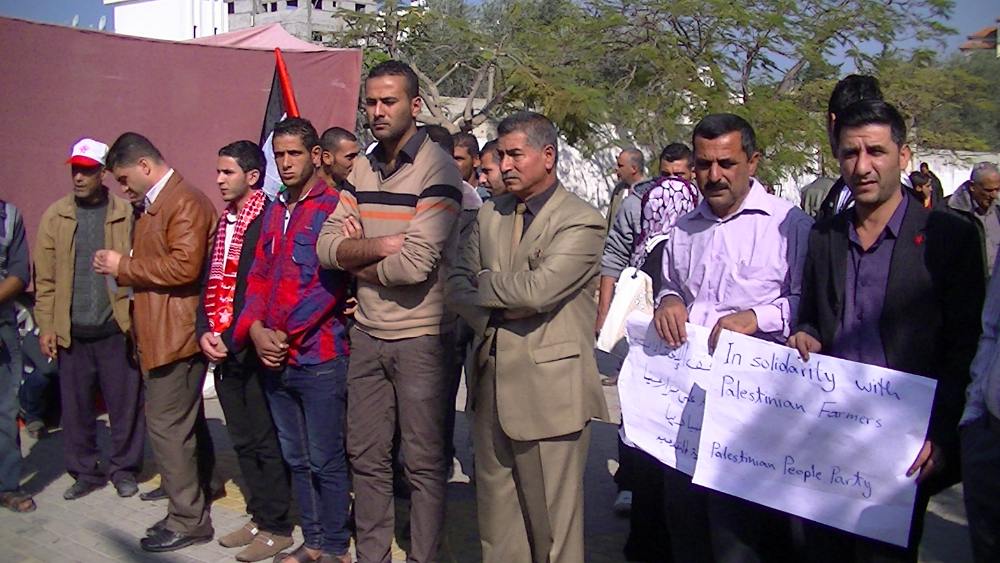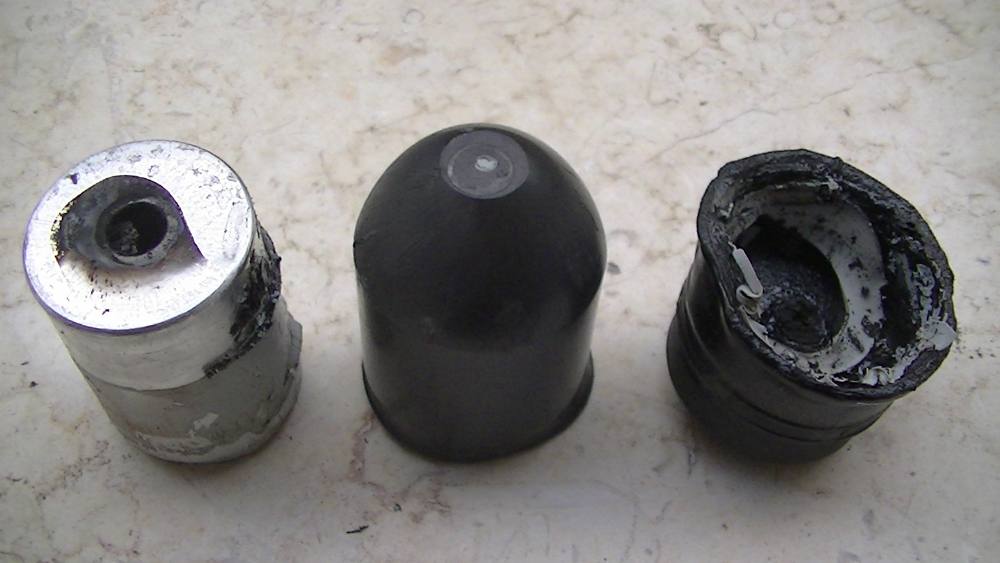Tag: Buffer Zone
-
Israeli gunfire wounds a Palestinian and injures a child in a resulting accident
25th November 2013 | International Solidarity Movement, Rosa Schiano | Gaza, Occupied Palestine On the afternoon of Friday, 22th November 2013, Mohammed Adel Afana, age 22, was injured by Israeli gunfire east of the Jabaliya refugee camp in the northern Gaza Strip. Adel Afana had gone there with friends. Each Friday, many Palestinians go to the…
-
Gazan farmers and fisherfolk call for food sovereignty and an end to Israeli attacks
20th November 2013 | Corporate Watch, Tom Anderson and Therezia Cooper | Gaza, Occupied Palestine On 20th November 2013, hundreds of farmers and fisherfolk gathered outside the United Nations Special Coordinator for the Middle East (UNSCO) in Gaza City to demand that the international community take action to prevent the Israeli military’s attacks against them and to…
-
Photos of Israeli tear gas canisters fired at Palestinian demonstrators in the Gaza ‘buffer zone’
17th November 2013 | Corporate Watch, Tom Anderson and Therezia Cooper | Gaza, Occupied Palestine On 2nd November 2013 Israeli forces fired tear gas at Palestinians demonstrating in the Gaza buffer zone East of Gaza City, by the Nahal Oz checkpoint. A report of the demonstration by an eyewitness can be viewed here. Pictures of one of the…



